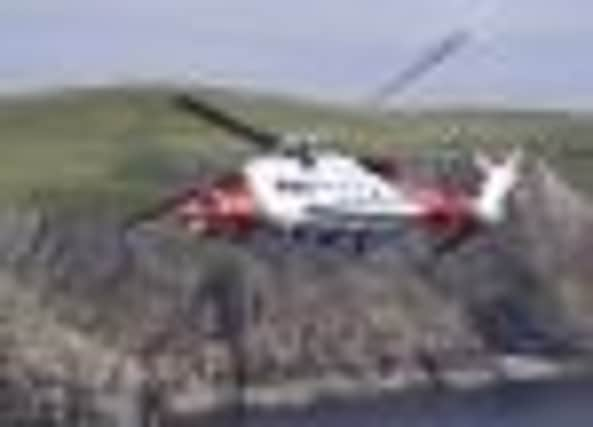High-risk jobs ‘will be even more dangerous’ after Coastguard cuts downgraded


Shipping Minister Mike Penning sparked outrage north of the Border when he announced that both Clyde and Forth Coastguard stations are to close while the Maritime Rescue Co-ordination Centre at Aberdeen – the station currently responsible for dealing with major North Sea incidents – is to be downgraded.
Aberdeen is to be retained along with Stornoway and Shetland as one of three 24-hour Coastguard stations in Scotland while there will be only one new Maritime Operations Centre (MOC) based at Fareham, Hampshire, covering the whole of Britain.
Advertisement
Hide AdAdvertisement
Hide AdSteve Quinn, an Aberdeen Coastguard watch manager and Coastguard section president of the PCS union, warned last night that the rationalisation of the service and the downgrading of Aberdeen would put lives in danger.
He said: “In the initial proposal Aberdeen was to get an increase in staff and become one of two MOCs in Britain.
“But they now say they can’t afford to have a second maritime operations centre and that Aberdeen is to be downgraded to save money.”
Mr Quinn said: “Ever since the Piper Alpha disaster the staff at Aberdeen have built up a unique expertise and working relationship with offshore oil and gas. But now any major incident could be handled by this MOC down in the south coast of England.
“Lives could be put at risk in both industries. In the offshore oil and gas industry, when an incident occurs there is no time to stop and think – you have to know what your are doing right from the outset. And that just won’t happen in a centre on the South coast of England.
“We balloted every single full time Coastguard officer and 98 per cent said they had no confidence in these proposals and that we believed they will put lives at risk. That’s professional coastguard officers saying that – not necessarily the union.”
The warning was echoed by Richard Lochhead, the Scottish rural affairs secretary.
He said: “While I’m pleased that the decision to retain Shetland and Stornoway stations has been finalised, I am deeply concerned by confirmation of the decision to close Clyde and Forth MRCCs, given the importance of our maritime industry. These decisions taken by number crunchers in London pose an unacceptable risk to both lives and our precious marine environment.
Advertisement
Hide AdAdvertisement
Hide Ad“With these being the first UK stations to close, it’s unacceptable that Scotland will be the guinea pig for UK government plans that put saving money ahead of saving lives. These stations cover large and complex areas of our beautiful, but sometimes dangerous, coastline and I remain unconvinced that a reduced number of stations will provide the appropriate level of cover”
He added: “This concern is exacerbated by plans to reduce staffing for some stations, including Aberdeen where we are extremely worried about the impact this could have on the ability to respond to a major oil and gas incident in the North Sea. More than 30 years of expertise in dealing with offshore incidents cannot be replicated elsewhere.”
But Mr Penning defended the decision to reduce the total number of stations in Britain.
He said: “After many years of uncertainty, these reforms provide a clear plan for the future of HM Coastguard. They will deliver a resilient and fully networked national rescue coordination service.”